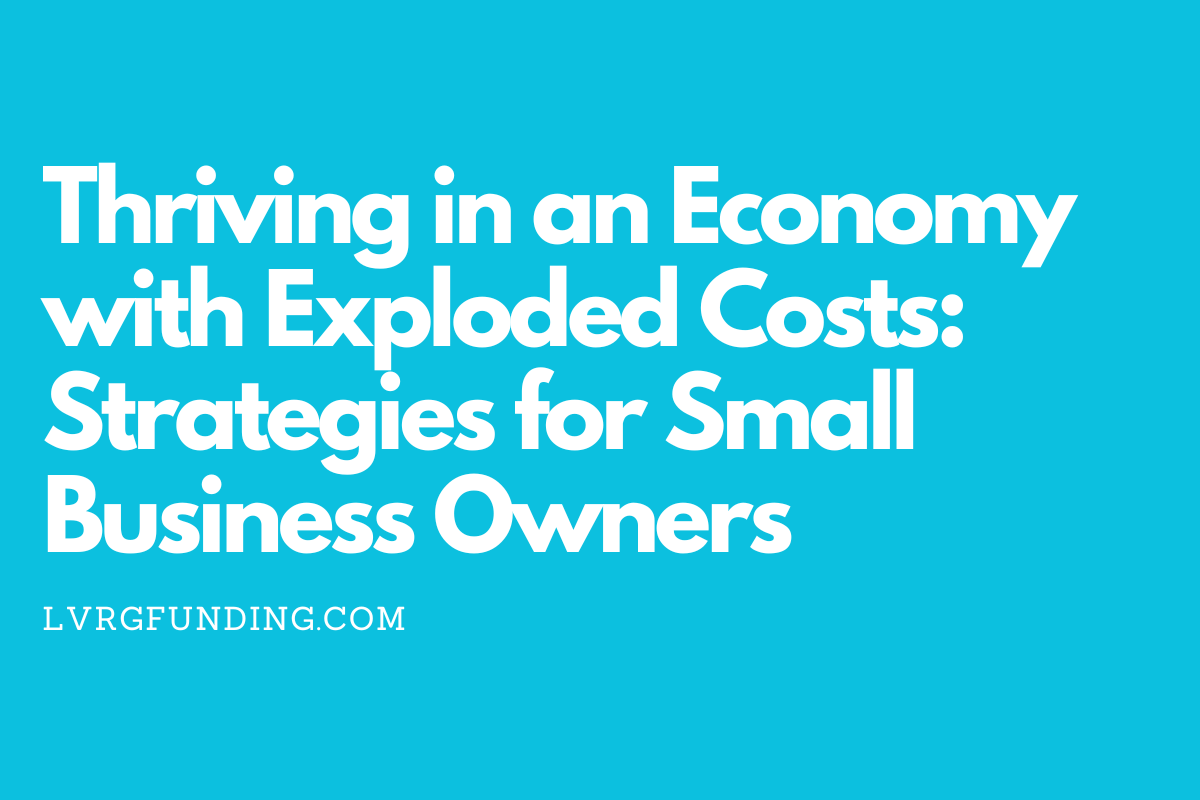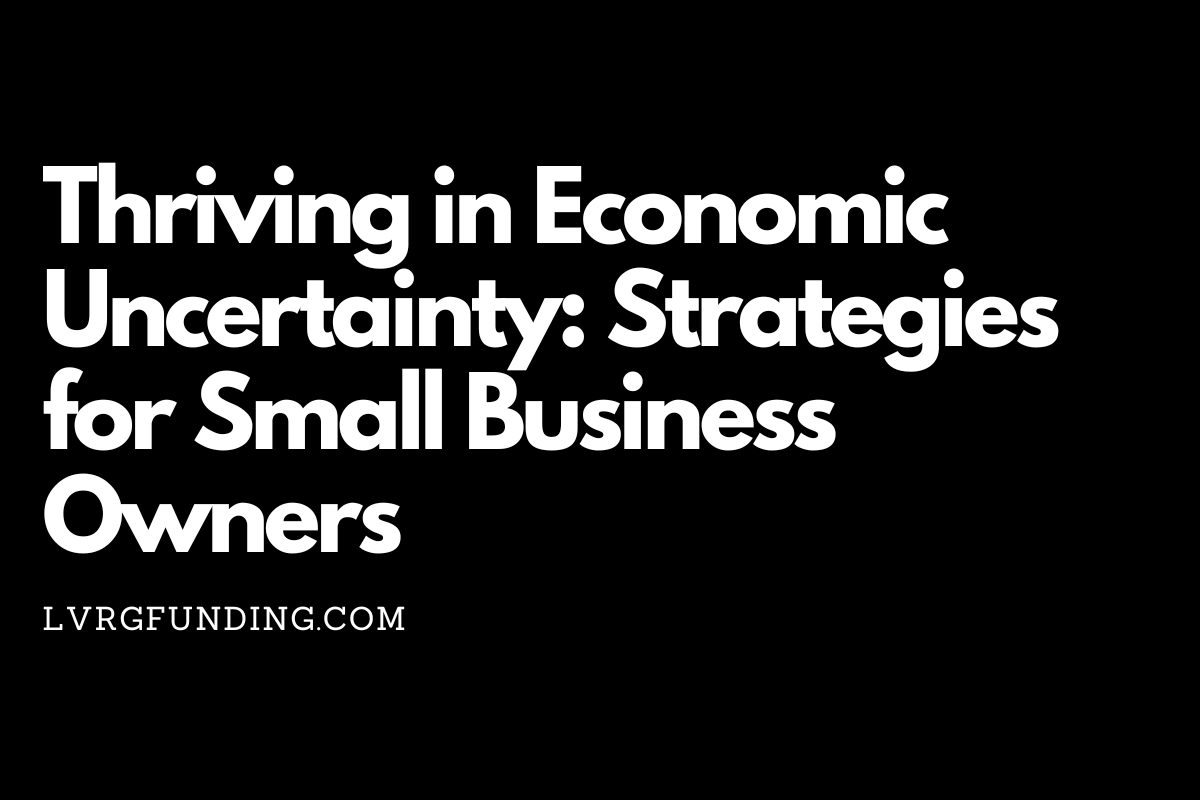Fueling Your Business Growth: A Proactive Approach
Have you ever sat in your car, waiting for it to magically fill itself up with gas? Of course not. We understand that to keep our vehicles running, we must take charge, drive to the gas station, and proactively fuel them. The same principle applies to your business. Expecting your business to grow on its own is akin to waiting for your car to fill itself up with gas – an exercise in futility.
In the fiercely competitive landscape of the business world, waiting passively for success is a risky proposition. As a business owner or entrepreneur, you wear multiple hats and have numerous responsibilities. It is tempting to rely on the hope that your business will naturally expand, especially after investing time, effort, and capital into it. However, complacency can be a grave mistake.
Just as you must invest in fuel to keep your car moving, you must invest in your business to drive its growth. Here are some key considerations to take a proactive approach:
1. Develop a Clear Strategy
A well-defined strategy is your roadmap to success. Define your business goals, identify your target market, and establish a competitive advantage. A clear strategy provides a direction and purpose, enabling you to make informed decisions and drive growth systematically.
2. Continuous Learning and Adaptation
In business, the only constant is change. Industries evolve, customer preferences shift, and technology advances at an exponential rate. Keep learning, stay updated with industry trends, and be prompt in adapting to the changing landscape. Embrace innovation and seek opportunities for improvement to outpace your competitors.
3. Marketing and Branding
Active marketing and strategic branding efforts are essential for exposing your business to potential customers. Build a strong online presence, utilize social media platforms, and develop targeted marketing campaigns. Consistently promote your unique value proposition and engage with your audience to cultivate brand loyalty and expand your customer base.
4. Seek Funding and Investments
Just as you need money to fuel your car, your business often requires financial resources to drive growth. Waiting for your business to grow on its own may result in missed opportunities. Investigate various funding options, such as business loans, credit lines, or equity investments, to inject necessary capital into your operations. Seek partnerships and collaborations to leverage the expertise and resources of others.
5. Foster a Culture of Innovation and Motivation
Your business is only as strong as the people behind it. Create a culture that encourages innovation, creativity, and employee growth. Empower your team, reward exceptional performance, and foster an environment where everyone is dedicated to driving the company's success. Remember, a motivated team is the engine that propels your business forward.
So, instead of waiting for your business to grow by itself, take the driver's seat and actively fuel its growth. Implement a strategic plan, embrace change, invest wisely, and cultivate a motivated team. Your business's success depends on your vision, determination, and willingness to take charge. Don't wait for success – drive it.
Remember, at LVRG BUSINESS FUNDING, we understand the importance of fueling business growth. Reach out to our experts today to explore funding options that can propel your business forward. Together, let's drive success!
Written by Charles M. Barr, CEO of LVRG Funding





